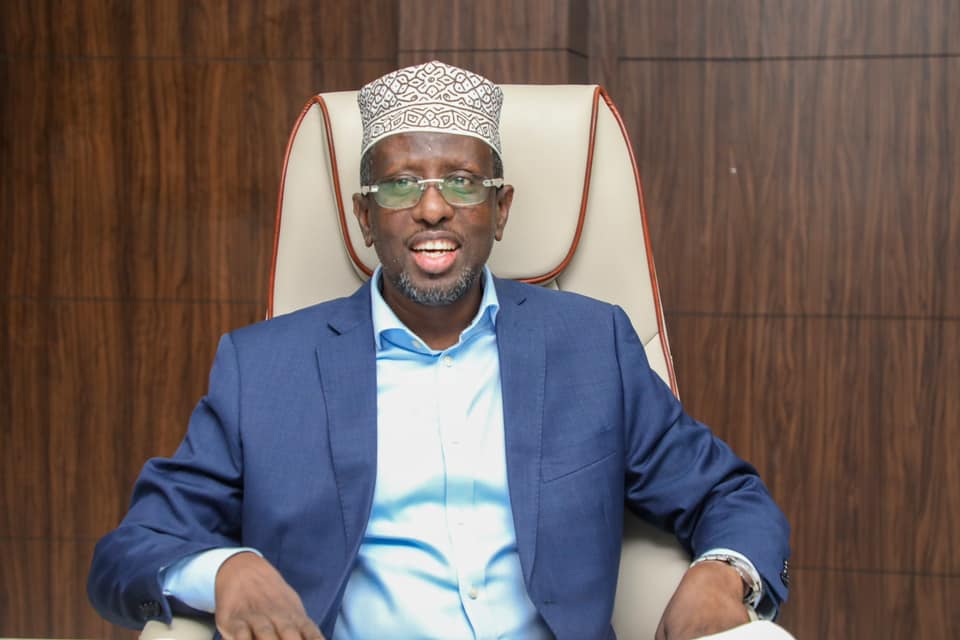The Liberia Electricity Corporation (LEC) has embarked on an ambitious program to electrify four communities in some suburbs of Monrovia. The Gap Communities Electrification Project (G-CEP) that seeks to expand electricity in slum communities and help curtail power theft is worth commendation.
The Executive Director for Engineering and Major Connections (PEMC) at LEC, Dele I. Shobayo, said the project is an effort to overcome power poverty while decentralizing electricity to foster socio-economic development and improve the livelihoods of residents.
This is a noble program and should be applauded by every well-meaning Liberian because it’s aimed at improving citizens’ lives by stimulating local economic activities and providing security.
There are dozens of communities in and around Monrovia and across the country that are without electricity. Citizens are subjected to darkness, local businesses are strangulated and students are unable to study at night because of lack of electricity.
The G-CEP that is connecting 72nd Army Camp Field Community in Paynesville, Lonestar Cell Number One, Jacob Town and Iron Factory communities, respectively is poised to put smiles on faces of residents.
Though the LEC is faced with serious capacity challenges, we hope that this initiative would be extended to other equally slum communities where citizens are walloping in darkness. It should not be selectively done.
Besides economic and social benefits, electricity is security, as it drives away criminals and others contemplating carrying out other dubious acts under the cover of darkness.
For nearly 20 years since the cessation of arm conflict in Liberia, lack of electricity has remained a serious hindrance not just to resuscitating the economy, but promoting security and maintaining a safe society.
Immediately after 8pm, major streets across Monrovia are deserted primarily due to insecurity exacerbated by lack of electricity that creates room for crimes to easily flourish. This is why we think the G-CEP is a game changer that should be applauded by citizens.
Therefore, we call on government, particularly policymakers at the LEC to consider extending the program to other slum communities so that citizens there will benefit from similar opportunities.










